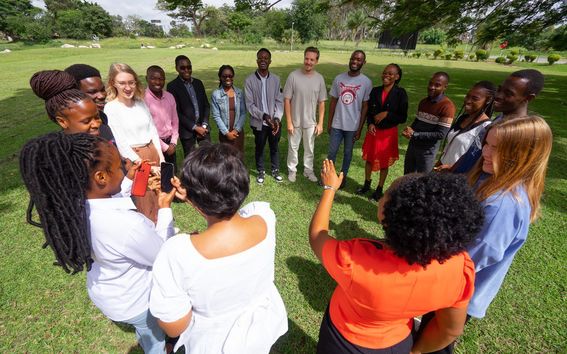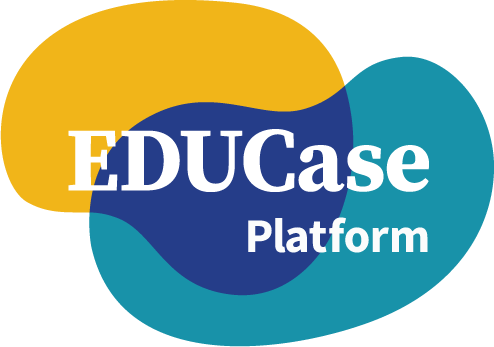UniPID and TENK release ethical guidelines for Global South academic partnerships

As a member of the Finnish University Partnership for International Development (UniPID), Aalto University initiated a proposal and working group to develop national guidelines for this purpose. In partnership with the Finnish National Board on Research Integrity (TENK) and an international steering group, UniPID has over the past two years developed the “Ethical Guidelines for Responsible Academic Partnerships with the Global South” released on 25.10.2023. These guidelines are designed to complement TENK’s existing ethical standards, and they are aimed at all research and higher education institutions based in Finland. The guidelines offer links to practical tools and resources, which will be updated over time to address the varied needs arising in academic and administrative units.
According to Riina Subra (Aalto University), the chair of the working group, “Universities have in recent years proved to be essential actors in the reciprocal engagement and knowledge creation between countries in the Global North and the Global South. The parallel ecological and geopolitical crises and changing dynamics between countries underscore the need to build academic communities equipped with resources to implement this work.”
“We have perceived similar challenges and needs for support across academic departments, whether working in human sciences or technical fields. These new guidelines are thus aimed at all academic and administrative units, as conceptual frameworks and tools for more responsible and equitable approaches in research and cooperation. They are meant to be used side by side with other ethical standards. In the future, more detailed communities of practice and resources relevant to specific academic fields are planned.” More about this topic is available here.
The new guidelines provide insight and tools for reflections for researchers aiming to conduct research in the Global South. In case your research includes human participants; you might need a research ethics review. Aalto University is committed both to TENK research integrity and research ethics guidelines.
You can find more information here:
Read the Ethical Guidelines for Global South Academic Partnerships here.
Research ethics: Research Ethics Committee | Aalto University
Research integrity: Research integrity | Aalto University
Further information:
Finnish universities are committed to the comprehensive guidelines of TENK (The Finnish Code of Conduct for Research Integrity and Procedures for Handling Alleged Violations of Research Integrity in Finland). However, the guidelines do not specifically address the complexities of research and academic collaborations in the Global South. The primary goal of the Ethical Guidelines for Responsible Academic Partnerships with the Global South is to offer stakeholders a conceptual framework and practical tools to create more responsible and equitable approaches in their research and collaboration efforts in the Global South.
The complementary guidelines aim to increase awareness of ethical issues that can arise in the context of the Global South and to help mitigate potential risks. They are not limited to research and can be valuable for various forms of global academic collaboration.
The document is divided into five main sections, featuring key concepts framing ethical considerations, recommendations, and references for implementation. The guidelines conclude with information on other existing guidelines and tools that can be used as practical resources. Moreover, the document complements the Finnish Code of Conduct, specifically point 3.2 addressing the principles of 'Good research practices.' The recommendations outlined in the document are not intended to be exhaustive or rigid instructions but can be tailored to meet the specific requirements, realities, and environments for each context where an academic partnership is taking place.
Read more news
Breaking the Darkness: Tackling energy crisis in Lesotho
Lesotho, often called the Kingdom in the Sky due to its high altitude, faces a severe energy crisis, with nearly half of its population lacking access to reliable electricity.
Transforming Interdisciplinary Education: Sustainable Global Technologies (SGT) Across Four Continents
The true impact of our actions often unfolds over time, as demonstrated by the students at the SGT FAIR’24 on May 22. Their work showcased how a single student challenge can drive significant change.
A Global Learning Space: Empowering Students for Responsible Global Engagement
As part of the EDUCase network, the University of Oulu has offered to be the testing ground of a virtual learning initiative that aims to revolutionize virtual learning.
